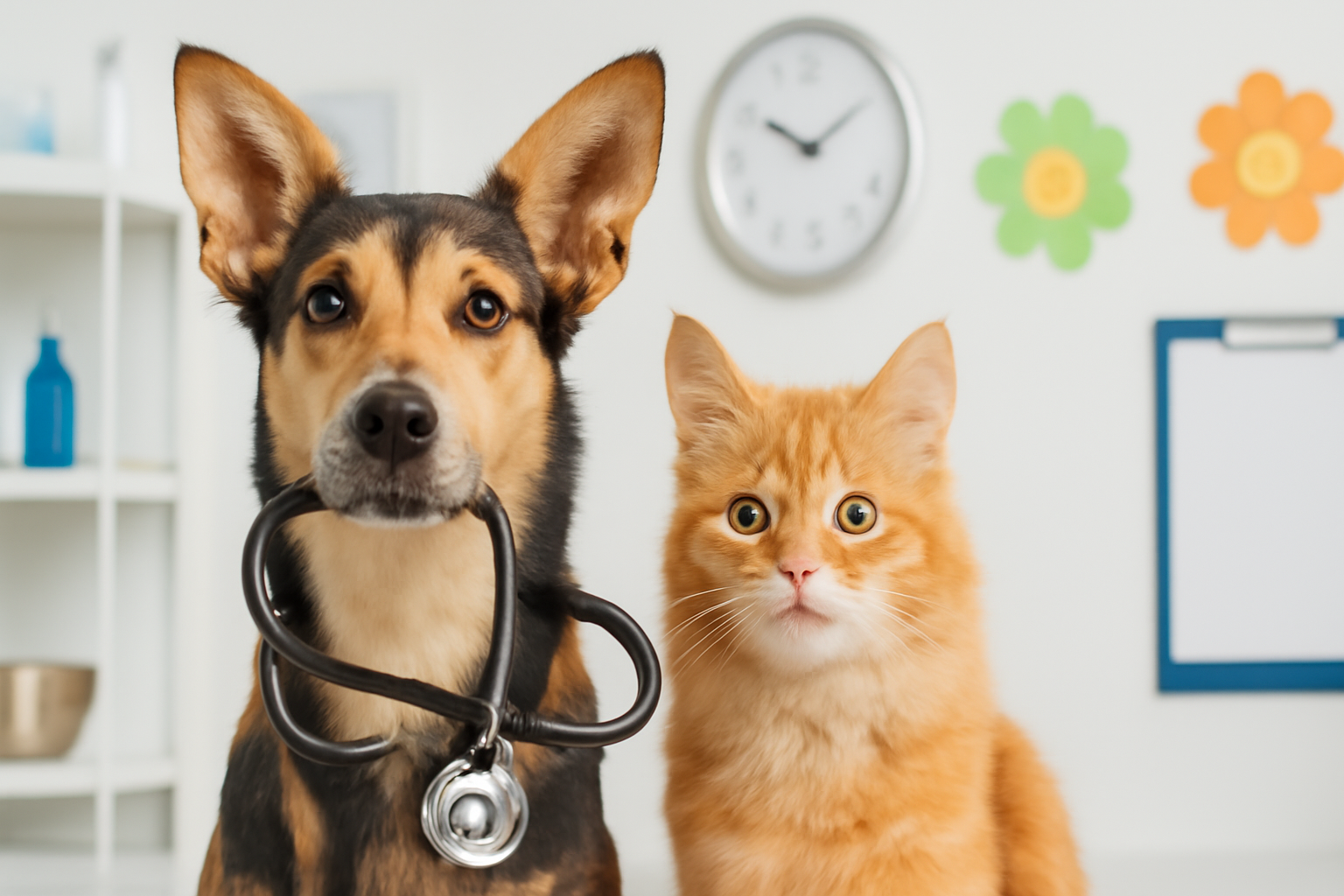What Is Obesity in Pets
Obesity occurs when a pet is very heavy, and this can be detrimental to their health. It doesn’t matter if you have a small Chihuahua, a medium Corgi, a large Labrador, or an elegant Persian cat; it’s important that they don’t become overweight. This helps them move better, prevents diseases, and can allow them to live longer. This guide provides tips for each type of pet, food ideas, exercise plans, and ways to manage weight with the help of a veterinarian.
Importance of Maintaining a Healthy Weight
Obesity in pets, defined as weighing more than 20% above their ideal weight, can lead to many health problems. This includes bone issues, diabetes, heart disease, and a shorter lifespan. Extra weight can lead to reduced mobility, joint pain, and difficulty breathing. In older animals, being overweight exacerbates arthritis and diminishes their enjoyment of life, affecting their daily activities and happiness.
Identifying Obesity: Body Clues
You don’t always need a scale to know if your pet is overweight. Look for visibility of their ribs and check for any abdominal bulge, which may indicate excess fat. Pay attention to whether they seem tired all the time or are reluctant to play, as well as difficulty performing everyday activities like climbing stairs. Noticing these signs early can help you take better care of your pet and improve their health.
Custom Nutrition and Portion Control
Choosing healthy, lower-calorie foods is important for helping manage weight. Use measuring cups to accurately measure their food, and consider reducing their amount by 10% if they are overweight. You can add vegetables or water to help them feel full without adding more calories. Don’t leave food out all the time, and choose healthy treats or use play to give them something special.
Size and Breed-Specific Strategies
Different types of dogs and cats need special care to avoid gaining weight. Small dogs and cats can easily gain weight, so it’s important to give the right amount of food and several small meals each day. Medium breeds, like Corgis, enjoy playing with toys to avoid boredom. Large dogs should have wet food mixed into their diet to get more moisture without adding calories.
Exercise: The Active Component
Regular exercise is important for maintaining a healthy weight. Aim for at least 30 minutes of walking or running activities every day with your dog, splitting the time if necessary. For cats, play with them for 15 minutes, three times a day. Be careful with heat-sensitive pets, exercising during cooler times and monitoring their breathing closely.
Regular Veterinary Care
Taking your pet to the veterinarian regularly is important to ensure they are healthy and at the right weight. Vets use a scoring system to assess whether the pet’s weight is good or not. If your pet is overweight, it’s advisable to see the vet every three to six months to track their progress. The veterinarian may run tests to determine if there are any hidden health issues. They can also suggest a special diet or medications to help your pet lose weight healthily.
Behavioral and Lifestyle Support
How pets behave is important to prevent them from becoming overweight. Engage in playtime to keep them stimulated and less likely to beg for food. Instead of offering treats, distract them with toys or walks. Owner involvement is crucial, as pets often mimic their owners’ habits. Praising and showing affection instead of scolding helps keep pets happy and reduces food-related anxiety.
Tips for Maintaining a Healthy Weight
Record their weight and body condition to track properly.
Measure food carefully and limit snacks to control portions.
Add water or vegetables to their food to help them feel full without gaining weight.
Take dogs for walks daily and play extensively with cats.
Consult with your veterinarian to monitor progress and adjust diets as needed.
Managing weight is crucial for your pet to live longer and better.
Super Tip:
By taking good care of your pets to prevent them from becoming overweight, you can help keep them healthy and ensure they lead happy, energetic lives for many years.
